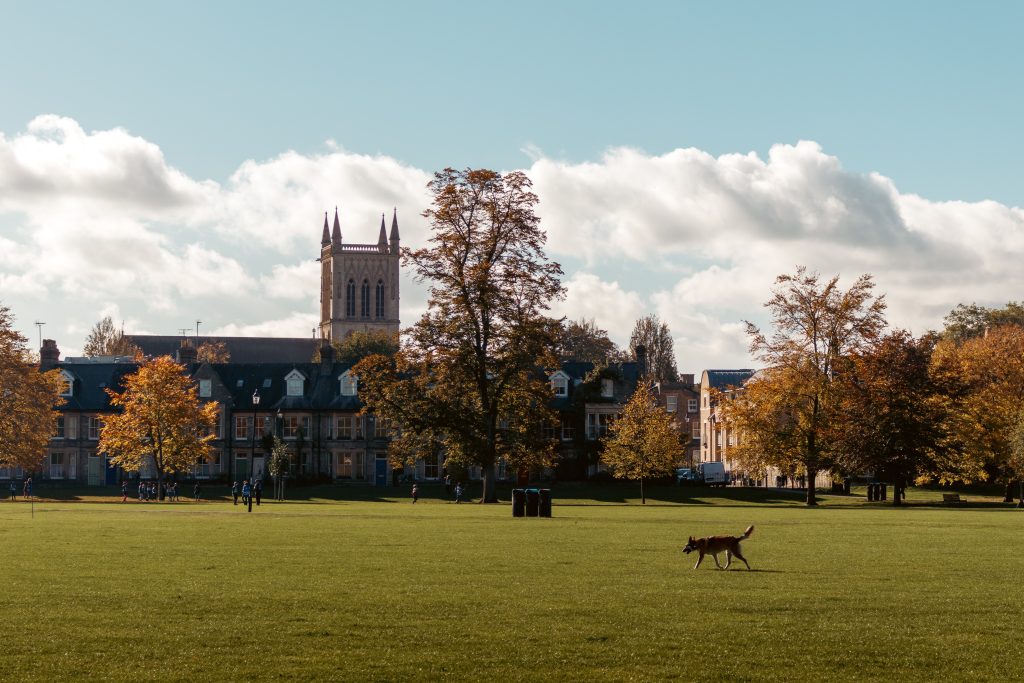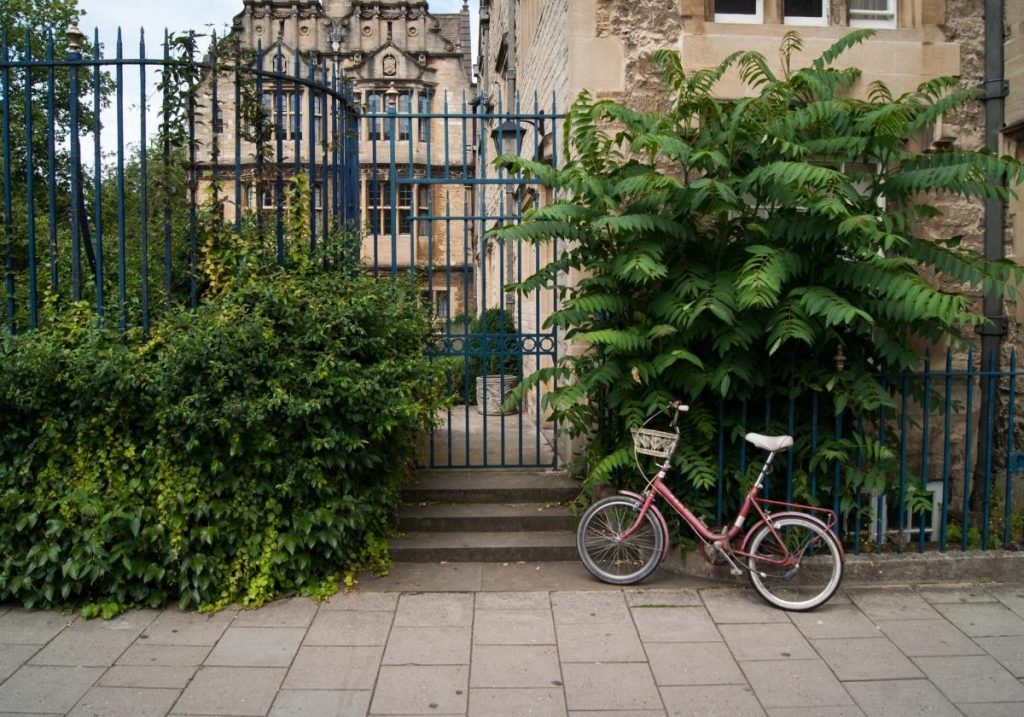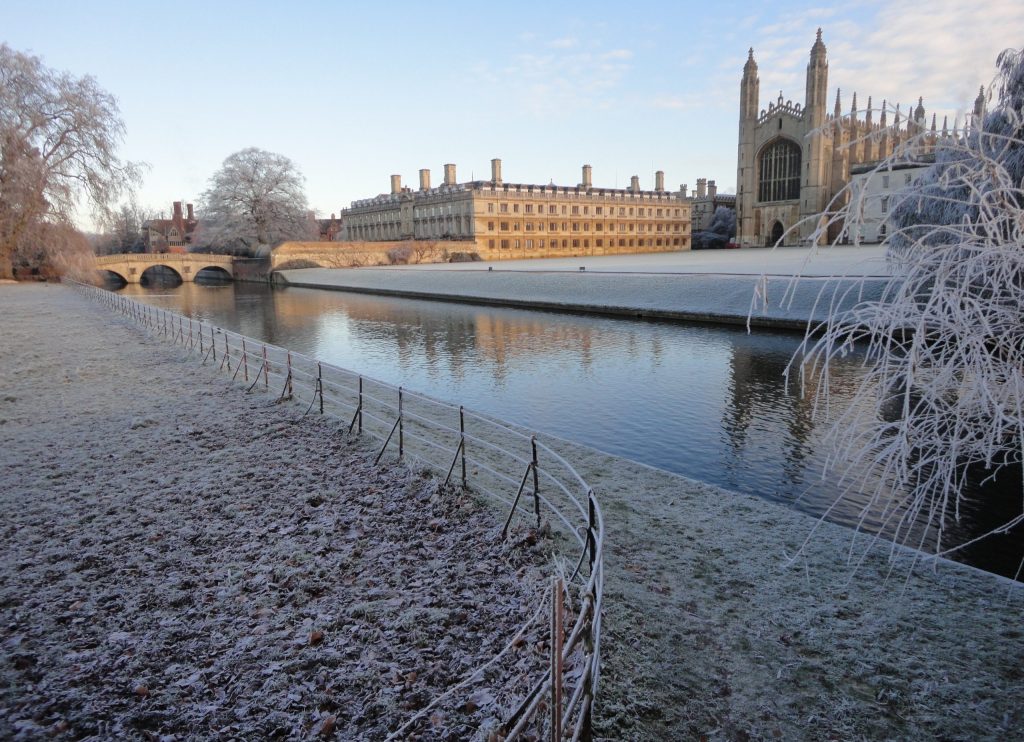Have you got an interview? It’s a huge achievement if you have and well done!
If you haven’t; please don’t be too disappointed. The level of competition is fierce. Forget Oxbridge for now and focus on your A levels (or equivalent). If you get all A stars, you can always consider applying next year. A different college may offer a greater chance of success so don’t forget to contact us on [email protected] and we can give you advice.
Oxbridge Interview Tips
We have discussed the “who, when, where and what?” of interviews and this week, we’re turning our attention to the “how?”. How are you going to ace your interviews? What are the tutors looking for? This is a sales job to a great extent and the product is you and that mighty brain of yours. An interview is your chance to shine and we don’t mean that in an arrogant way. You have a c. 20-minute opportunity to prove to a particular tutor (or two or three tutors) that you are worthy of a place at Oxford or Cambridge University and will be a pleasure to teach. Impress the tutors with your knowledge of and passion for your chosen subject. Read around your subject as this will show your enthusiasm; remember that academics absolutely LOVE their subject. They’ve made this their life’s work so show them that you share their passion.
The most important thing to remember about the Oxbridge interview process is that you should treat it like a mock tutorial.
Don’t be afraid to argue your point – tutors want to see that you have conviction in your point of view. Some tutors will argue hard whereas others won’t. Don’t worry if you think you’ve said something stupid; almost everyone does. Back up your ideas with evidence, but be intellectually flexible in your ideas, and willing to take your argument in a new direction. That shows teachability which is very important.
- If you don’t know the answer; don’t panic. If you haven’t read a particular author or come across a particular equation – that is fine. Show a willingness to learn, however.
- If you haven’t heard of something, don’t shut the question down by simply saying you don’t know. Think your workings out loud. Give it a go. The tutors that interview you want you to succeed: they have invited you to interview because they think that you have the capability to flourish under the tutorial/supervision system that Oxbridge offers, and this is your chance to prove your suitability
- Revise your personal statement. You are highly likely to be asked a question on something that you have mentioned in your personal statement, and so this is an easy area to prepare for in advance. If you have said something controversial, practice backing up your argument.
- Re-read the texts that you have mentioned and maybe even come up with new ideas about them.


Your Oxbridge interview will inevitably be nerve-wracking, and it is okay and completely normal to be nervous.
Try not to let your nerves impair your enthusiasm for your chosen subject, but also remember that the tutors have been in your position before, and so they understand just how nervous you are, and will be understanding of this. You may even (and I know this sounds ridiculous) enjoy aspects of the interview. You may be speaking to the world leading authority on something you find fascinating. What an opportunity!
How to calm and reduce pre-interview nerves:
- Be ready ahead of time. Get dressed, load the interview meeting link and prepare yourself well before the interview start time. Nothing is worse than rushing around when you’re already stressed and being ready early gives you breathing room in case anything goes wrong.
- Get a good night’s sleep the day before. If you’re sleep-deprived, you may find it harder to think clearly and you may be prone to feeling more anxious.
- Eat a filling, healthy meal beforehand. Give your brain the power it needs and make sure you aren’t worried about your stomach rumbling in the middle of your interview! If you’ve lost your appetite, try to eat some light fruits or a smoothie. Avoid having too much caffeine- it can make you feel more jittery and anxious if you overdo it.
- Try some positive self-talk. Rather than telling yourself you are nervous and scared for the interview, shift your mindset and tell yourself you are happy and excited to get a chance to speak to an Oxbridge tutor. Some people find saying positive affirmations out loud is a great way to give yourself a confidence and energy boost.
- Breathe deeply and slowly. When we are stressed, our breathing gets shallower and faster, which in turn increases our heart rate and activates our fight or flight response! Instead, try counting to 5 with each inhale and exhale until you feel more relaxed. This will also help you speak more slowly and clearly.
- Try meditation. Meditation is a scientifically proven method to reduce anxiety and improve focus. A brief meditation can help you block out distractions and gain a confidence boost before your interview starts.
- Plan something fun for afterwards. Once your interview is done, treat yourself and do something you enjoy- maybe go for a walk, go see a friend, or watch your favourite movie. Try to step away from what has just happened and be proud of yourself for making it through your interview!
Your academic capabilities need to shine through most, but remember that the tutors interviewing you are likely to be teaching you for the next three years, and thus you need to be likeable too. That doesn’t mean you need to clown around or be desperate to please but be yourself. Smile! It will relax you. Just because you want to study at a serious academic institution doesn’t mean you have to be dour.
There are many more great interview tips that you can find under Insider Info on our website www.optimaloxbridge.com along with practice questions for your particular course. If you haven’t yet bought membership for your course, please feel free to do so.









